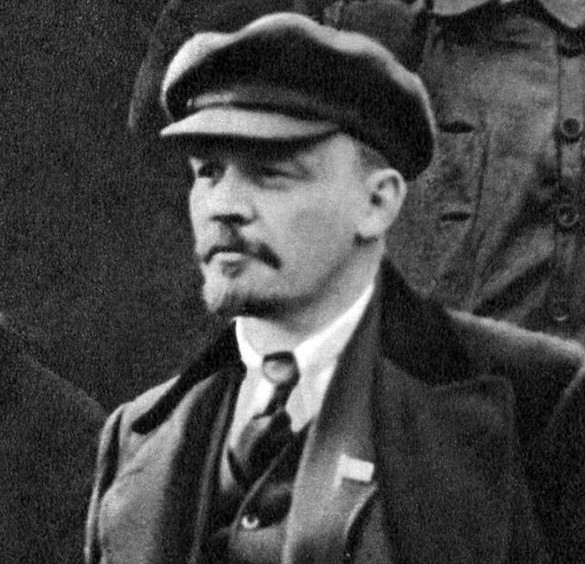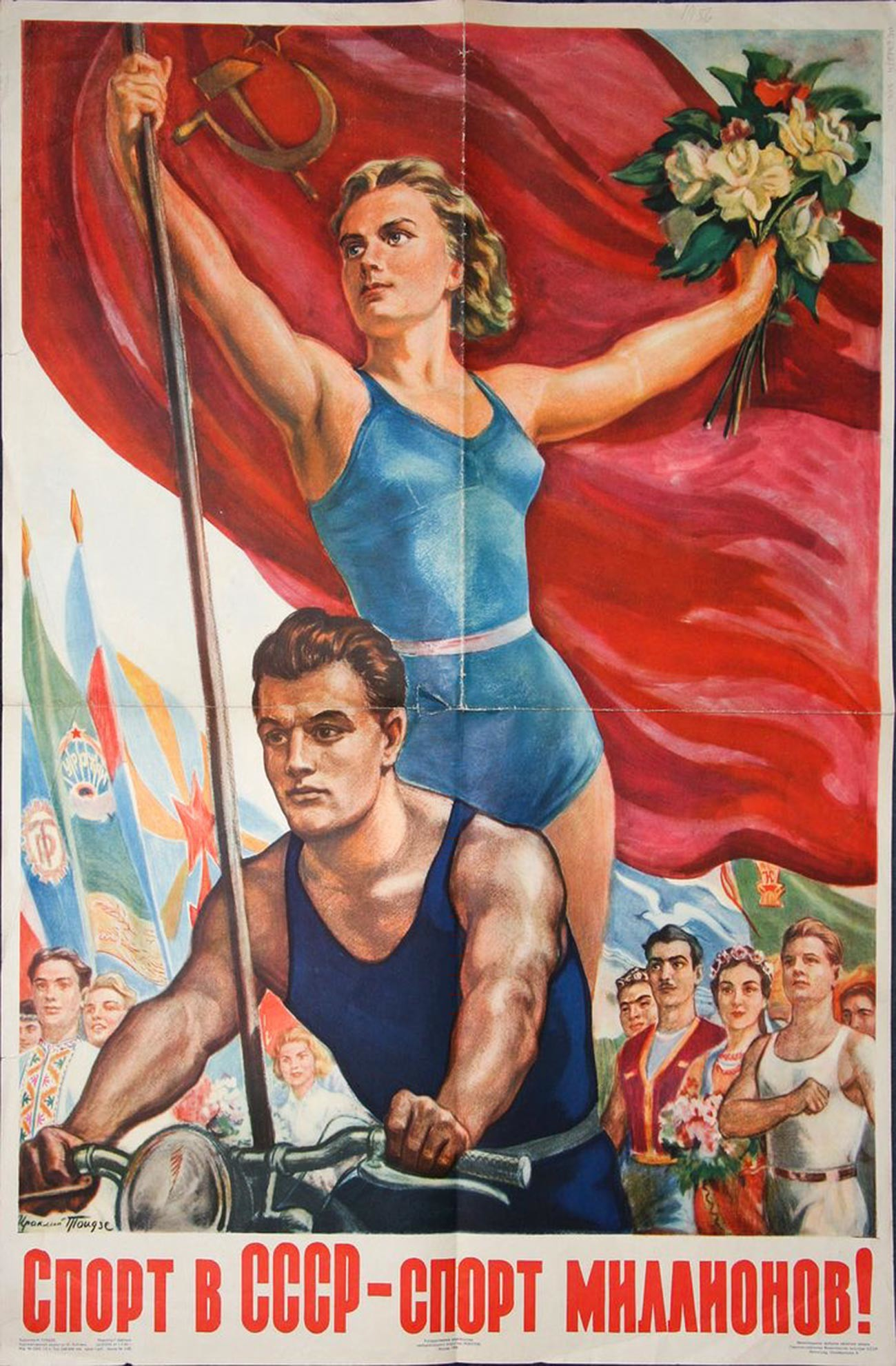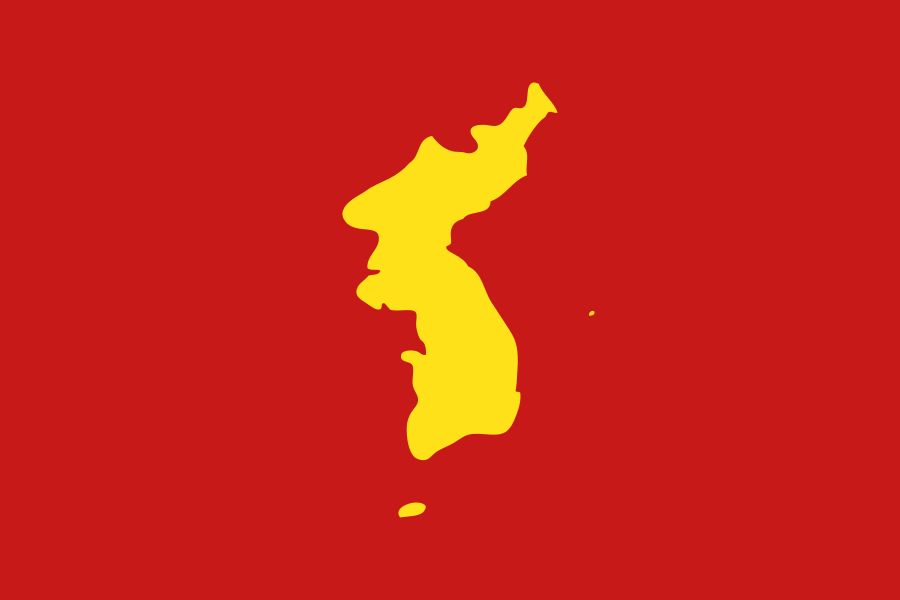Is this the right community for this post?
Camarada Forte
Forward, comrade!
“The weapon of criticism cannot, of course, replace criticism of the weapon, material force must be overthrown by material force; but theory also becomes a material force as soon as it has gripped the masses.”
- 5 Posts
- 15 Comments
FBI? Really?

 0·1 month ago
0·1 month agoI sincerely can’t… I can only see what appears to be blood smeared all over his intact ear


 0·1 month ago
0·1 month agoshoot at a person’s ear with a sniper rifle at a distance of 150 m
I honestly couldn’t even see the bullet wound

 0·1 month ago
0·1 month agoAs if intelligence agencies haven’t trained terrorist groups for suicidal attacks in the past

 0·1 month ago
0·1 month ago
with a photo like this I can’t believe this wasn’t staged

 0·1 month ago
0·1 month agoThe Chinese economic model is already completely planned, the difference is that the market is part of their plan. Each enterprise plan on their own (and medium to large ones already have the presence of communist party members in the planning process), and at the same time, the country directs development through investment.

 0·1 month ago
0·1 month agoNot really, no. In some aspects, yes.
The reason the Soviets didn’t last was mostly political and less economic. Both things are never isolate, anyways, but the Soviet Union could’ve lasted indefinitely if the leadership honestly spent effort solving problems. Instead, they openly adopted a capitalist line and sabotaged the country in the last moments. This had nothing to do with the economy of the country.
The Soviets also spearheaded space exploration and satellite technology, before capitalist economies reproduced these achievements. This was a thriving economy in the 20th century, obviously very efficient, showing enough surplus to advance innovative research. Development of production at a scale unparalleled in history.
The Chinese political economic tactic to survive in a capitalist landscape was basically concentrating production and population (increased market demand) and thus making all countries essentially dependent on China and its market so that it could have the freedom to develop its own mode of production unlike the USSR. This was a certainly a step ahead of the Soviets, to which capitalist countries so far haven’t found any solution to respond with. Because attacking China is attacking the whole world market, so capitalist countries can’t do anything about it without also destroying themselves in the process.
Market allocation decentralizes research because every bourgeois is competing with each other for a more efficient production and marketing. You don’t need someone to oversee the operation of a company and conceive of ways to make it more efficient. The fact that (petty) bougies do it is because they are directly attached to the company and its profits. They are the ones who directly benefit from it, so they are very interested in that. So markets can advance the development of productive forces in some industries.
The problem is that it obviously allows exploitation of the proletariat and concentration of capital, resulting in a myriad of social problems. It also risks giving the bourgeoisie too much power, which should be constantly put in check to make sure capital cannot touch the political institutions.
TL;DR: The Soviets at its peak (60’s - 70’s) had a superior model in terms of development of productive forces compared to the capitalist economies and in terms of relations of production, while the Chinese has a superior model in terms of strategy.

 0·1 month ago
0·1 month agoMarxist theory on the underclass suggests that the ruling class actually need a large class of underclass, unemployed homeless people.
They are arresting them. The US prison system employs prison labor for profit. This essentially makes them “employed” and “sheltered”.
It’s a drive for profit and capital accumulation, using prison labor to maintain profit rates.The Supreme Court on Friday sided with a small Oregon town that imposes civil punishments on homeless people for sleeping in public spaces, finding that enforcement of its anti-camping rules is not prohibited by the Eighth Amendment’s protections from cruel and unusual punishment.
The 6-3 decision from the court in the case known as City of Grants Pass v. Johnson is its most significant involving homelessness in decades. It comes as cities nationwide grapple with a spike in the number of people without access to shelter, driven in part by high housing costs and the end of aid programs launched in response to the COVID-19 pandemic.

 0·1 month ago
0·1 month agoBasically modern “vagrancy laws” and slavery. In US the incarcerated population also serves as a source of cheap labor, which might be the reasoning behind these laws

 0·9 months ago
0·9 months ago“If you’re rolling out of bed at 8:30 a.m. to get to work at 9, chances are, you’re not going to arrive ready to do your best work.”
Now I understand why Business Insider posted this lol. “Muh workers less productive”
But yeah, there’s a grain of truth that waking up early is good for your body, health, and sleep, which is an extremely important function for your body, especially your brain. Receiving a few “doses” of Vitamin D from sun exposure early in the morning also improves your sleep later in the day, aside from small improvements in your mood. Sleeping at dawn or early in the morning can expose you to sunlight which affects negatively your body’s production of melatonin, which is an essential component for a healthy sleep
I don’t think there’s such a thing as a “genetic night owl”. If you travel to other countries, your body gradually but surely adapts to the local time. If your body is able to adapt to other countries time zones, then adapting to a morning routine is also possible.

 0·11 months ago
0·11 months agoArguing that there’s not much to be done is not that useful. There’s always something to be done. The South African apartheid lasted for decades, but it was eventually over too.

 0·1 year ago
0·1 year agoSocial-democrats will say anything to justify doing nothing for the revolution of their countries

The unification of Korea is economic. The emancipation of the Korean people is political.
Long live People’s Korea!
Long live the Korean people!





The only problem I see is when it affects or disrupts a community, like spamming stuff or something, besides that, promoting oneself is a natural thing to do